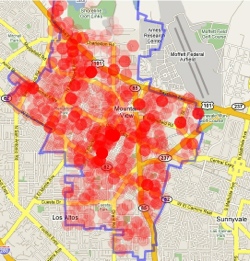Funding and eligibility for California broadband subsidies back on track in Sacramento

Open for business again.
The authors of legislation to top up the California Advanced Services Fund (CASF) and make more broadband construction projects eligible for grants and loans have put money back in and removed unworkable restrictions pushed by industry lobbyists.
The primary proposal, senate bill 740, was originally written by senator Alex Padilla (D – Los Angeles) to add money to CASF, because current grant requests would, if approved, zero out the fund.… More









